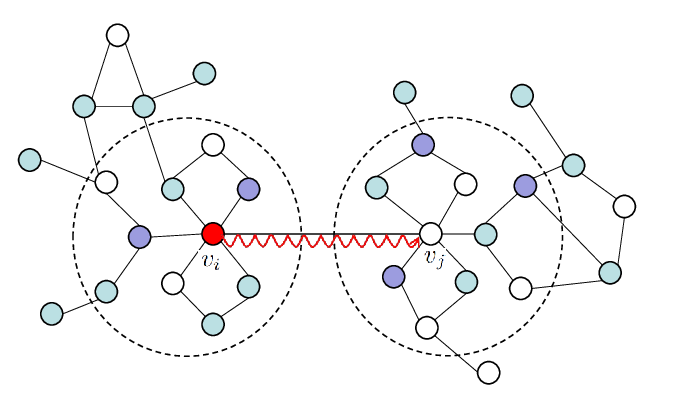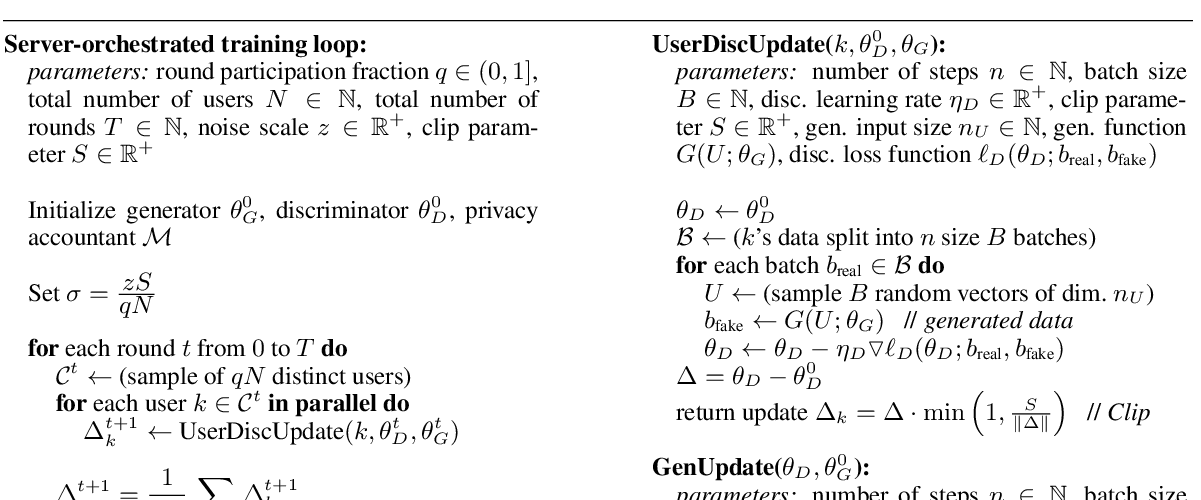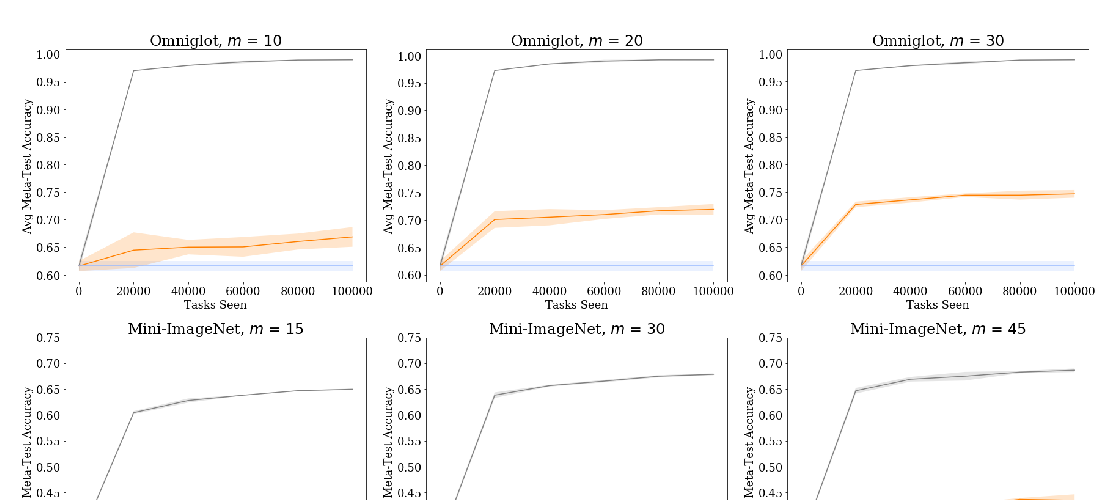Abstract:
Federated learning improves data privacy and efficiency in machine learning performed over networks of distributed devices, such as mobile phones, IoT and wearable devices, etc. Yet models trained with federated learning can still fail to generalize to new devices due to the problem of domain shift. Domain shift occurs when the labeled data collected by source nodes statistically differs from the target node's unlabeled data. In this work, we present a principled approach to the problem of federated domain adaptation, which aims to align the representations learned among the different nodes with the data distribution of the target node. Our approach extends adversarial adaptation techniques to the constraints of the federated setting. In addition, we devise a dynamic attention mechanism and leverage feature disentanglement to enhance knowledge transfer. Empirically, we perform extensive experiments on several image and text classification tasks and show promising results under unsupervised federated domain adaptation setting.


